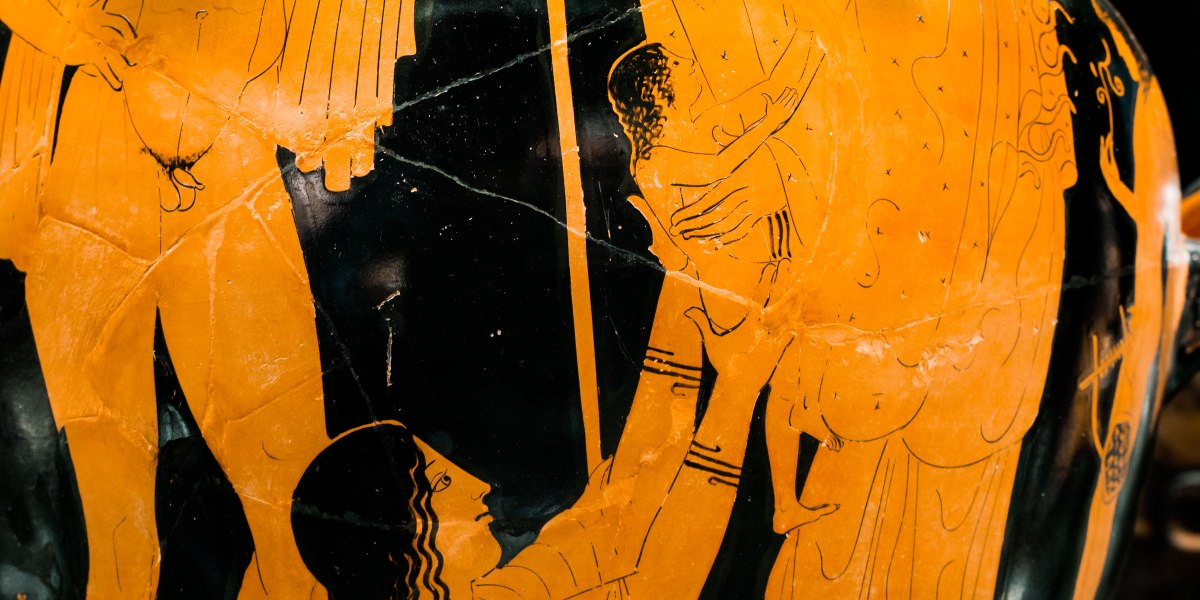
Nativism vs. class denigration: Athenian autochthony between exclusion and inclusion
This talk will examine the ideology of autochthony in Classical Athens as a dynamic element in the ideological struggles between the democratic lower classes and the elite. Athenian democracy grounded its claims to political legitimacy in an exclusive, nativist ideology that linked citizenship to autochthony—an assertion of shared noble birth through continuous habitation of the land. This discourse served to counter elite critiques that equated political worthiness with wealth, noble lineage, and certain kinds of education, which in turn were used to justify elite rule. At the same time, intellectuals such as Antisthenes, Plato, and Aristotle sought to redefine citizenship by shifting the criterion of political worth from birth to virtue, yet virtue itself was increasingly associated with leisure and education—both privileges of the elite. Thus, while the discourse of autochthony was exclusionary towards non-citizens, it also functioned as a tool of class inclusion within the citizen body, countering elite attempts to disenfranchise the poor. By situating autochthony within this ideological contest, this talk will challenge the prevailing view that Athenian democracy was purely an oligarchy of native-born males, instead highlighting the class tensions that shaped its evolving conception of political membership.
Speaker | Mirko Canevaro (University of Edinburgh)
Research Cycle | Slavery, ethnicity and race in the Mediterranean. Ideas and attitudes from Homer to Columbus
Director of Studies | Nino Luraghi (University of Oxford)
The THP Seminar will take place at Palazzo d’Azeglio (via Principe Amedeo 34, Torino) with live streaming on Fondazione 1563 YouTube channel



